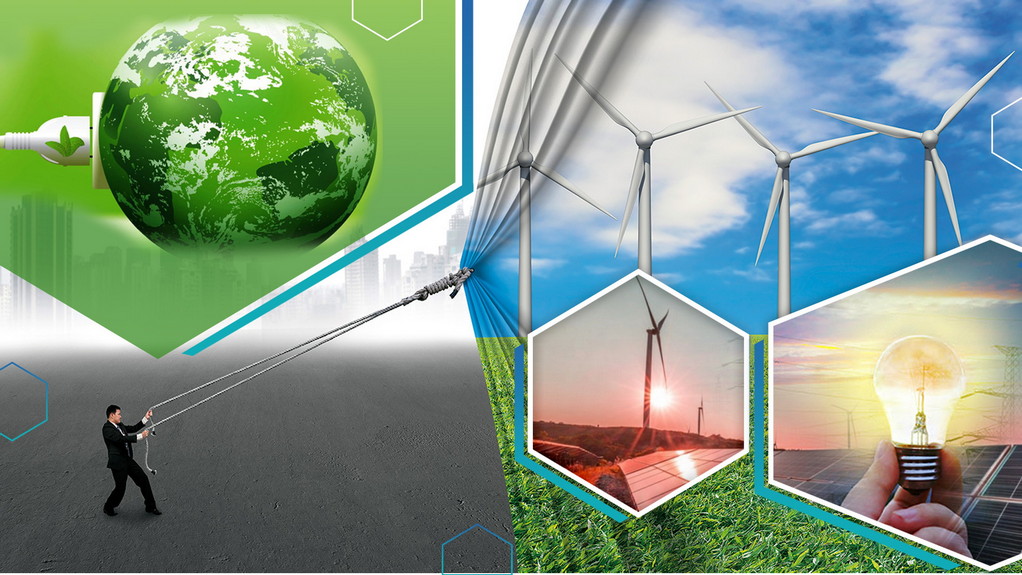The fight against climate change has had an active demand; Decarbonization, or reducing carbon emissions from human activity. The increase in global temperatures threatens the world. This is mostly caused by the accumulation of greenhouse gases in the atmosphere. Decarbonization is imperative because it is the only way to slow down or reverse this trend, which is threatening the health of our planet.
Investing in CCUS technologies that capture carbon dioxide emissions from power plants and other industrial processes and store them underground or use them for other purposes has seen huge potential upsides in recent years. For instance, Norway’s Hafslund Oslo Celsio carbon capture project has a significant capture capacity of 400,000 tonnes of CO2 per year. The waste-to-energy plant is responsible for 17 per cent of the city’s emissions and is Oslo’s biggest single emitter of CO2. From 2026, the target is that up to 400,000 tonnes of CO2 will be captured each year. This corresponds to the annual emissions from 200,000 cars!
The Nordic countries are forerunners in this development, and Citec – a Cyient company – has been happy to drive the decarbonization development for Oslo, the capital of Norway. The City of Oslo has ambitious climate targets and needs CO2 capture at the waste-to-energy plant to reach its goals. Of the many measures that can help societies achieve climate goals, carbon capture is seen among those with a significant actual climate effect.
Cyient has been actively involved in carbon capture and storage since 2016 – it has supported the decarbonization of industries, such as waste to energy, from feasibility to FEED. The decarbonization project of Oslo is a strong case where right from the start, Cyient wanted to impact the environment strongly and measurably, fully in line with our strategy to help customers reach their sustainability goals.
In 2022, Cyient was proud to be selected as an engineering partner for the CCS project. Before 2022, Cyient also participated in the concept, pre-FEED, and FEED phases of the project. The company has also been involved in further design optimizations and cost reduction initiatives in the application to the EU Innovation Fund, the negotiations of the EPC contract with Technip, a new CO2 capture piloting campaign, and the general benefit realization activities. In February 2019, the pilot plant began capturing its first CO₂.
It is commonly acknowledged that the Hafslund Oslo Celsio CCS project can contribute invaluable knowledge and experience to the industry as a whole, including the 450 waste-to-energy plants across Europe.
Tags: CCUS, Cyient, Decorbonisation, Oslo



Recent Posts
Himachal Pradesh Plans Major Boost to Public Transport with E-Buses and Digital Upgrades
Ammonia-Fueled Container Feeder Design Marks Progress in Maritime Decarbonisation
ABS Develops Industry-Leading EV Battery Fire Simulation Modeling
Wilhelmsen Ships Service Joins the Maritime Battery Forum to Accelerate Maritime Electrification
Indian Student Team Wins Communication Prize at Monaco Energy Boat Challenge 2025
Babcock’s LGE Business Secures Contract for Marine Ammonia Fuel System to Advance Shipping Decarbonisation
Associated Terminals Deploys Liebherr’s All-Electric Cranes in Landmark Move Toward Cleaner Cargo Handling
Sanmar delivers fully electric emissions-free tug to major global operator Svitzer